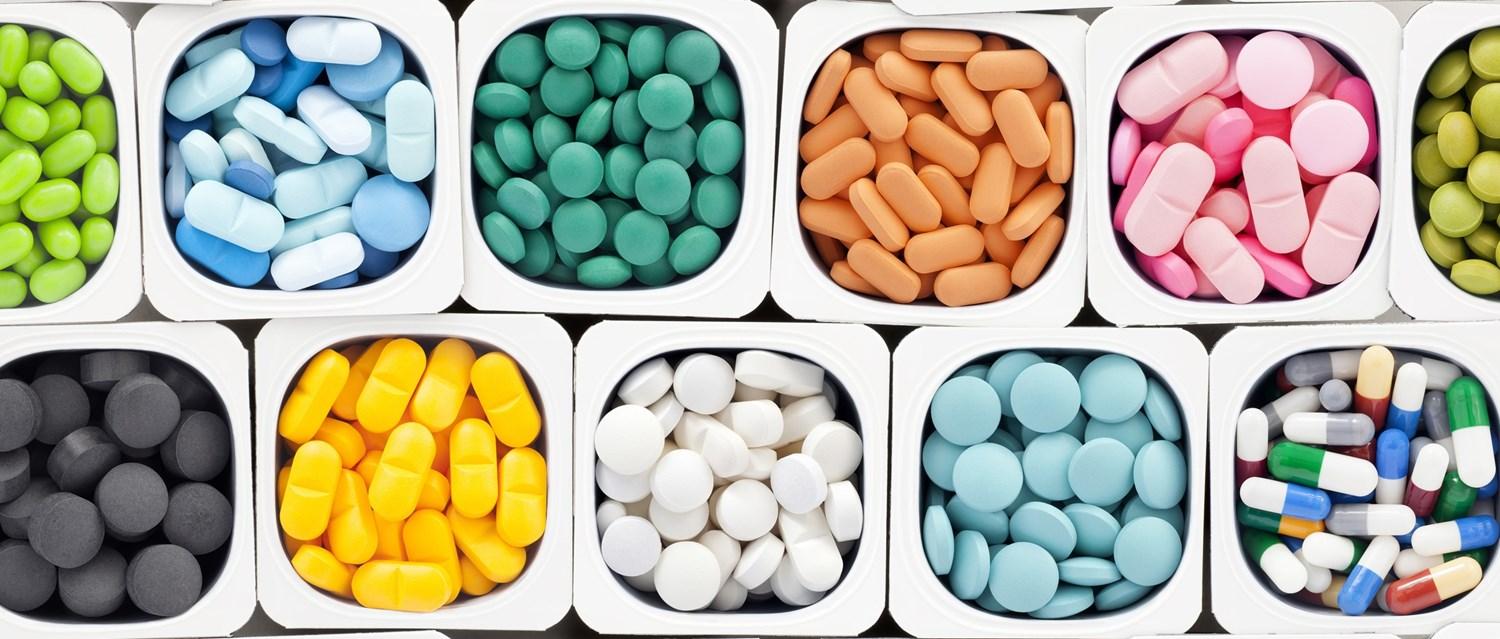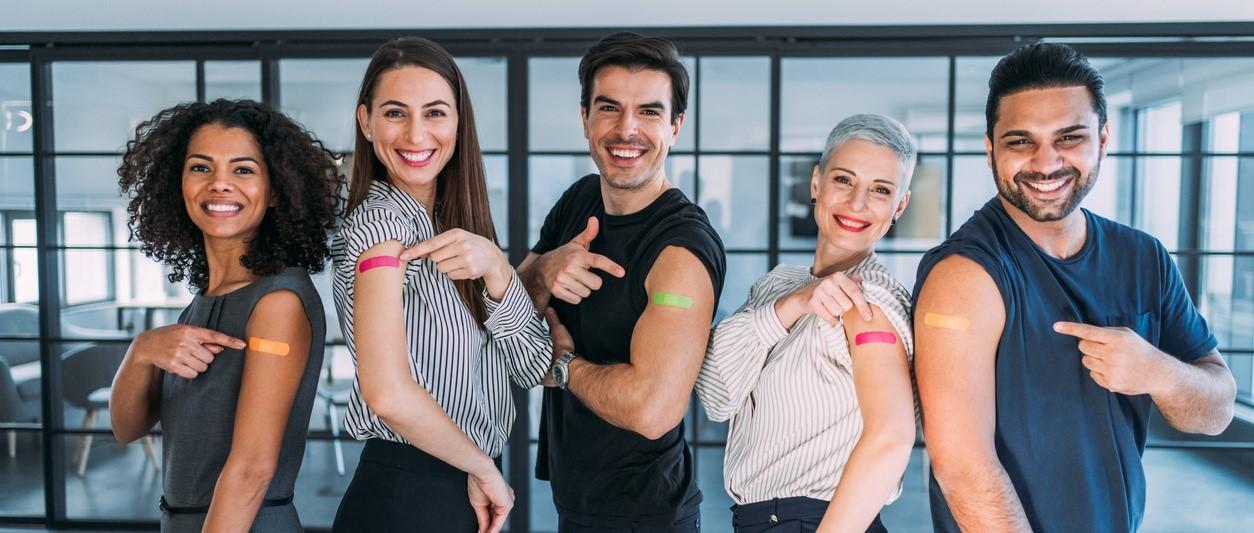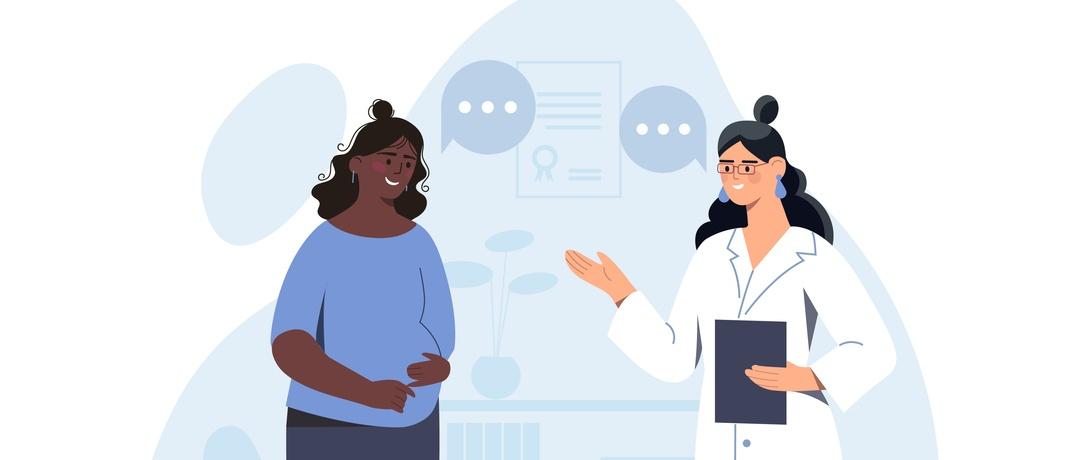
A guide to clinical trials
Peer reviewed by Dr Colin Tidy, MRCGPLast updated by Dr Sarah Jarvis MBE, FRCGPLast updated 18 Nov 2021
Meets Patient’s editorial guidelines
- DownloadDownload
- Share
- Language
- Discussion
Before a medicine is licensed for use in patients with any illness or condition, it has to go through several stages. Every element is carefully monitored and safety is at the heart of every phase.
In this article:
Clinical trials are used to test:
New medicines.
New combination of medicines - often using a new medicine in combination with an existing approved treatment.
How medicines already approved for one condition might help in another. For instance, medicines routinely used in rheumatoid arthritis might be tested to see if they can help people with psoriatic arthritis. It is common for cancer treatment to work for more than one cancer, but the safety and effectiveness of any treatment needs to be fully tested for every cancer being considered.
Medical devices (replacement joints, stents to open up blocked blood vessels etc).
Continue reading below
Why are clinical trials so important?
Without clinical trials, quite simply, there would be no medical advances. Laboratory and animal trials can go a long way in identifying new medications. But to identify the safest and most effective dose for a drug - and whether there are any unexpected safety signals - drugs must be tested on humans.
Without clinical trials, we would have to rely on unscientific hearsay - and individual experience is notoriously unpredictable and unreliable. For instance, there is extremely strong evidence that if people really believe a treatment works, they are much more likely to report feeling better when they take it. This is known as the 'placebo effect'.
Clinical trials are designed with safety at their heart. They progress steadily through different phases, discussed below. In order to reach the stage of being licensed, the national drug regulatory bodies have to be convinced that the benefits outweigh any risks.
Translating clinical study jargon
There are many steps taken to ensure that results of clinical trials really are a result of the treatment. For instance, terms you may come across include:
Active comparator. Phase 2 and 3 trials compare a new treatment with either a placebo or an active comparator - a standard treatment already used to treat people with the condition being studied.
Control - this is the treatment the study drug is being compared against - it could be a placebo or an active comparator.
Double blind - this means neither the researchers nor the study participant know which treatment they are getting.
Open label extension. After a certain period on double blind treatment (where people in the study are randomly assigned to the treatment being studied), some studies continue, with everyone being offered the chance to have the treatment being studied.
Placebo - a dummy drug or pretend medication. A placebo could be a cream, tablet or injection which doesn't have any active ingredient. It is given so that people in the study don't know whether they are being given the treatment being studied (the 'real thing') or not. This is because it's common for people to experience benefits and side effects if they think they're being given treatment, even if they aren't.
Randomised - this means people taking part in the study are randomly assigned to receive either the treatment being studied or a comparator treatment or placebo. This ensures the two groups being studied are similar (in age, sex, overall health etc).
Continue reading below
What are the phases of clinical trials?
Before any potential medicine reaches the stage of clinical trials on humans, it goes through extensive research in the laboratory. Only if the Medicines and Healthcare products Regulatory Agency (MHRA - the UK's governing body for medicines) signs it off according to its strict safety standards can it go on to the next phase.
At every stage, the MHRA or other country's governing body decides if the medicine is safe and effective enough to proceed to the next phase, before the next phase can begin.
The stages of clinical trials run one after the other:
Phase 1 - safety before everything. Phase 1 trials are usually carried out on a small number of healthy volunteers. Researchers monitor volunteers very closely before and during the trials for any side effects. These trials are used to confirm safety and identify the best doses of medicine. These trials start with a tiny dose of medicine (which is unlikely to provide clinical benefits) in order to test safety. The dose is very gradually increased - such trials can last several months.
Phase 2 - effectiveness as well as safety. Small numbers of people with the condition the medicine is aimed at treating are given the treatment - or a placebo or comparator treatment. They are all carefully followed up. These studies usually involve from tens to hundreds of participants, depending on how rare the condition is. Researchers will look for:
Effectiveness.
Side effects (and how they compare with side effects in earlier studies).
The most effective treatment dose.
Phase 3 - the bigger picture. Only if phases 2-3 have concluded successfully can bigger trials be carried out. These studies can involve several hundred to several thousand patients. Again, response to treatment and side effects are very carefully monitored. These compare the treatment:
With existing 'gold standard' medications (active comparator; or
With placebo.
If a phase 3 trial is successful, the pharmaceutical company can apply to the MHRA, or equivalent in other countries, to allow the treatment to be licensed. This means it could be made available to help patients on the NHS with the relevant condition.
Phase 4 - these trials happen after a trial has been approved and licensed for use. They are not needed for every medication - the MHRA or other regulatory body decides. They last for several years and allow benefits and side effects to be measured in the longer term.
What does it mean to be involved in a clinical trial?
Quite simply, without clinical trial volunteers, there would be no medical advances. People in phase 1 trials usually don't have the condition which will be studied for a given condition. But without healthy volunteers, we could never reach phase 2 trials.
People in phase 1 trials are usually paid for their involvement. If you're in a phase 2 or 3 trial, you may just have your travel costs covered.
If you are in a phase 2 or phase 3 trial, you may be one of the first people to receive a treatment that will improve outcomes for you and others. But you do need to bear in mind that the treatment may not be better than existing treatment, and that you may be in a placebo arm, which means you don't get active treatment. There is also a chance of experiencing unexpected side effects from the treatment.
One of the other positives of clinical trials is how well you'll be looked after. Although these can be time-consuming, many patients are very positive and reassured about the extra assessments and tests involved. What's more, they often gain access to much more understanding and support about their condition.
Continue reading below
What can I expect if I sign up for a clinical trial?
The research team will first need to screen you. Clinical trials have strict eligibility criteria and before you can join the trial, the team will need to know you fit these criteria. This could depend on what symptoms you have; what other medical conditions you have; the treatments you're taking and what medication you've had in the past.
You will be given very full information about the trial before you are asked if you consent to take part. You can withdraw your consent at any time.
You will be carefully monitored before and at regular periods throughout the trial. You will have regular physical examinations and may be required to have regular blood tests, scans or other procedures.
You will have access to the team at all times and will be asked to report any possible side effects promptly. One of the main aims of clinical trials is to identify previously unknown side effects of the medication.
Taking part in a clinical trial can be time-consuming. You'll be asked to attend for regular assessments and in some trials, you may need to stay in the clinic overnight.
Patient picks for Health research

Health research
What is a clinical trial?
We need clinical trials to understand how new treatments work on people. If successful, they may eventually be used in the real world by those who need them for a better quality of life. Find out all about how clinical trials work, along with personal insights from Alice - who has participated in around 50 trials over his life.
by Amberley Davis

Health research
How do the clinical trial phases work?
If you're volunteering for a clinical trial, it's important to know what 'trial phase' you'll take part in. Clinical trial phases investigate different aspects of a treatment, work in different ways, and come with their own set of benefits and safety considerations.
by Amberley Davis
Continue reading below
Article history
The information on this page is peer reviewed by qualified clinicians.
18 Nov 2021 | Latest version

Ask, share, connect.
Browse discussions, ask questions, and share experiences across hundreds of health topics.

Feeling unwell?
Assess your symptoms online for free
Sign up to the Patient newsletter
Your weekly dose of clear, trustworthy health advice - written to help you feel informed, confident and in control.
By subscribing you accept our Privacy Policy. You can unsubscribe at any time. We never sell your data.